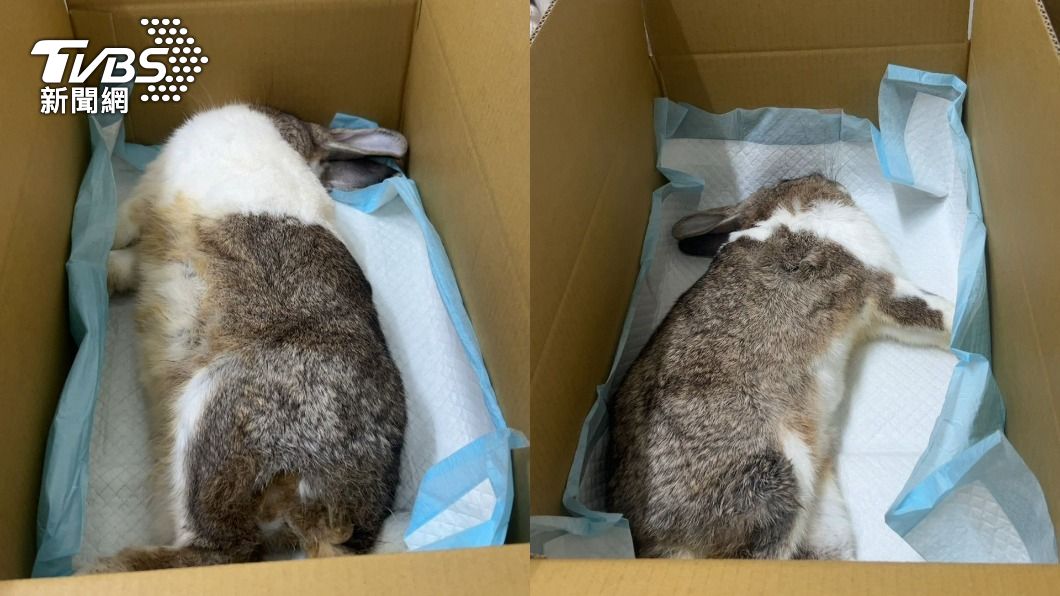TAIPEI (TVBS News) — Taiwan's National Science and Technology Council revealed on Thursday (April 25) that the island could see a significant reduction in animal testing, by 60 to 80 percent, through the adoption of alternative testing methods.
This announcement addresses growing concerns over the ethical implications of using animals in testing for medicines, pesticides, and cosmetics. Wu Tsung-tsong (吳政忠), the council's head, highlighted Taiwan's duty as a developed nation to minimize animal testing by implementing strategies to replace, reduce, and refine these practices.
Advancements in Alternative Testing
The Taiwan Inter-ministerial Platform for Alternative Technology of Animal Testing (TIP-ATAT), established in October 2022, plays a pivotal role in this initiative. It aims to enhance regulations, develop talent, and promote technologies that could significantly reduce reliance on animal testing.
A notable achievement of TIP-ATAT, a collaborative effort among several Taiwanese ministries and Academia Sinica, is the development of a biomimetic skin model. This innovation could potentially replace rabbits in skin irritation tests, marking a significant step forward in non-animal testing methods.
Genie Chin (秦咸靜), director-general of the National Laboratory Animal Center, reported that 102 alternatives to animal testing have been incorporated into Taiwan's regulations. Despite these advancements, Chin noted the absence of a specific target for reducing the number of animals used in testing.
She referenced the European Union's 30-year effort to decrease animal testing as an example of the challenges involved. The primary goal of TIP-ATAT is to update Taiwan's regulations on animal testing alternatives and introduce foreign alternatives, encouraging a shift away from traditional animal testing practices.
This initiative not only represents a significant stride toward ethical scientific practices but also positions Taiwan as a leader in the development and adoption of alternative testing methods. As the global community continues to advocate for the reduction of animal testing, Taiwan's efforts could serve as a model for other nations to follow.



